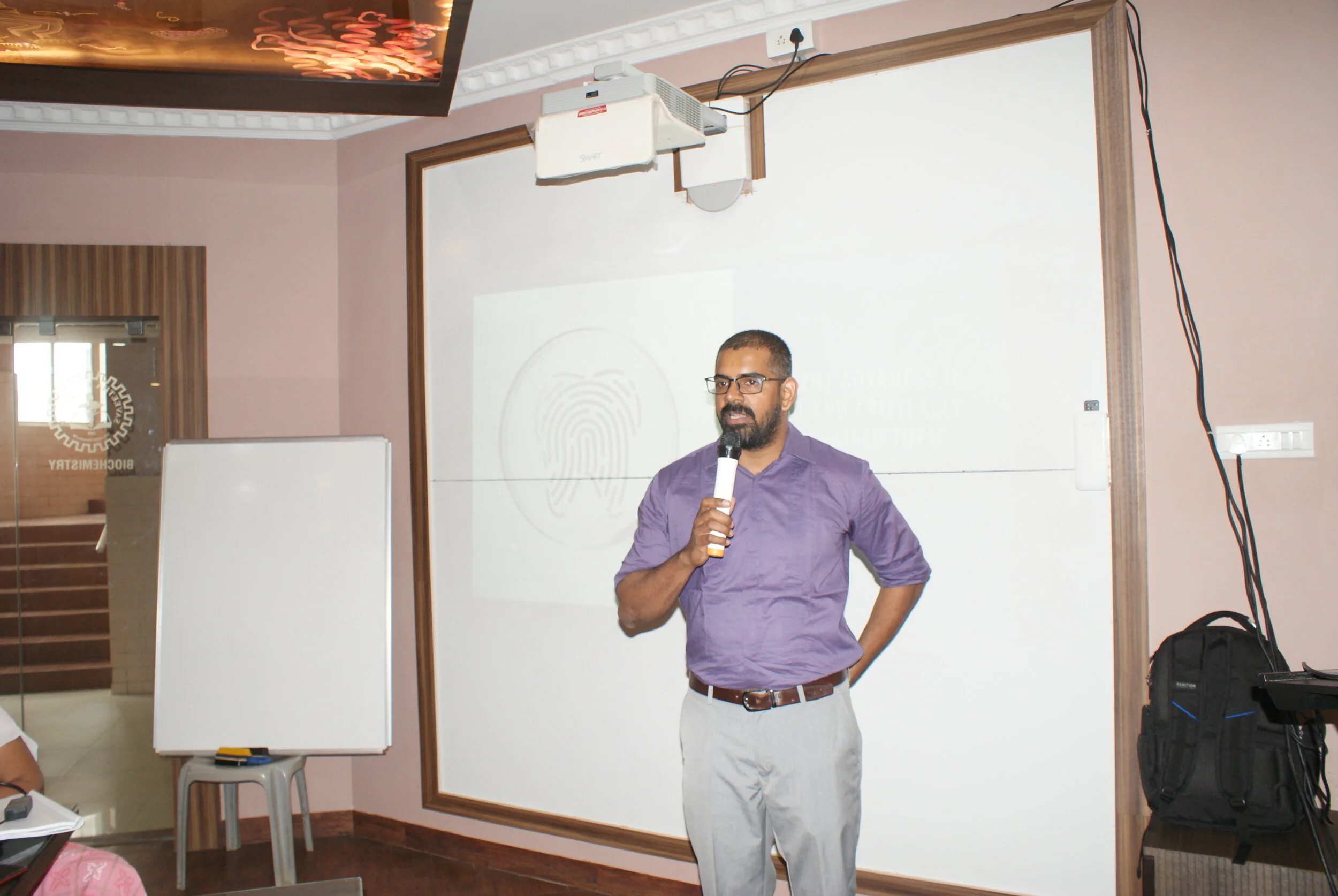A systematic review aims to find, appraise and synthesize all relevant, high-quality research evidence to answer a particular question. When appropriate, a formal quantified summary of all the trials that study a specific research question, or meta-analysis, is also performed. The potential benefits of a systematic review are to reduce random error (insufficient data, also referred to as ‘power’), and also to reduce systematic error (bias). Systematic review also facilitates evaluation of the consistency of results across different trials and settings. Where similar treatment effects are observed across a wide variety of studies and settings, users of evidence can have more confidence in the robustness and transferability of results to other clinical settings. Where study results are less consistent, systematic review allows investigation of potential sources of variation by subgroup and meta-regression analysis.
The Cochrane Collaboration is an international not-for profit and independent organization, dedicated to making up-to-date, accurate information about the effects of health care readily available worldwide. The Cochrane Collaboration was founded in 1993 and named after the British epidemiologist, Archie Cochrane. The Cochrane Collaboration produces and disseminates systematic reviews of health-care interventions and promotes the search for evidence in the form of clinical trials and other studies of interventions. The major product of the Collaboration is the Cochrane Database of Systematic Reviews, which is now published monthly (previously quarterly) as part of The Cochrane Library. The Library is available free of charge in many countries because of the purchase of national licenses by governments, and through special provision to low-income countries. The activities of the Cochrane Collaboration are directed by an elected Steering Group and are supported by staff in Cochrane Groups (Centres, Review Groups, Methods Groups, Fields/Networks, Cochrane Editorial Unit) around the world. Review production is coordinated by Cochrane Review Groups located around the globe, and each is responsible for a specialty area of health care. The Review Group editorial teams also ensure that the rigorous quality standards for which Cochrane Reviews have become recognized are consistently applied. The Editor in Chief of The Cochrane Library is responsible for overseeing the work of Review Groups and ensuring consistent and acceptable quality of editorial processes and output. Although other individuals, groups and organizations also produce systematic reviews, there are many advantages in performing a systematic review with the Cochrane Collaboration.
The Cochrane Collaboration concentrates on producing systematic reviews of interventions and also of diagnostic test accuracy, but does not currently produce reviews on questions of prognosis or aetiology. The Cochrane Collaboration’s core principles include fostering good communication, open decision-making and teamwork, reducing barriers to contributing, and encouraging diversity. The Cochrane Collaboration provides a free online handbook of systematic review methodology, and also makes available meta-analytical software, called Review Manager or RevMan . The Cochrane framework also benefits the user of reviews; there is evidence that Cochrane Reviews are better quality than many other reviews3,4 and the Cochrane Database of Systematic reviews has a journal impact factor, which is currently 5.653 (Journal Citation Reports). Cochrane Reviews reach a large international audience and have had a real and significant impact on practice, policy decisions and research around the world. Globally, a search of The Cochrane Library is performed every second, an abstract viewed every two seconds and the full text of a review viewed every three seconds
In order to acquire proper knowledge about Systematic review, the department of public health dentistry in Saveetha Dental College, Chennai conducted a hands on workshop on Systematic review using Cochrane on 2nd March 2020. The chief speaker of the workshop was Dr.Anirudha Agnihotry who holds the degree of DDS from Arthur A Dugoni School of Dentistry. He is currently working as the Editorial Board Member, Brazilian Dental Journal , a peer reviewer in many indexed international dental journals and a Cochrane reviewer.
The workshop started at 9 am and included around 50 delegates and PG students from various dental colleges in Tamil Nadu. This interactive workshop was addressed to clinicians, researchers, public health specialists and other healthcare professionals and the level of expertise required is intermediate and above. It offered lectures and hands-on sessions (exercises on predefined items), providing plenty of opportunities to apply the methods and interact with the faculty. The topics which were included
· How to register a Cochrane title
· Research question and PICO / Structure and importance of the protocol
· Introduction to Cochrane tools (RevMan and Covidence)
· Searches (electronic / platforms / dealing with missing data)
· Risk of bias assessment
· Data extraction and management
· Assessment of heterogeneity
· Subgroup and sensitivity analyses
· GRADE / ‘Summary of findings' table
The participants were interactive and their questions were answered by the guest speaker. The workshop ended with the vote of thanks , certification and refreshments.





